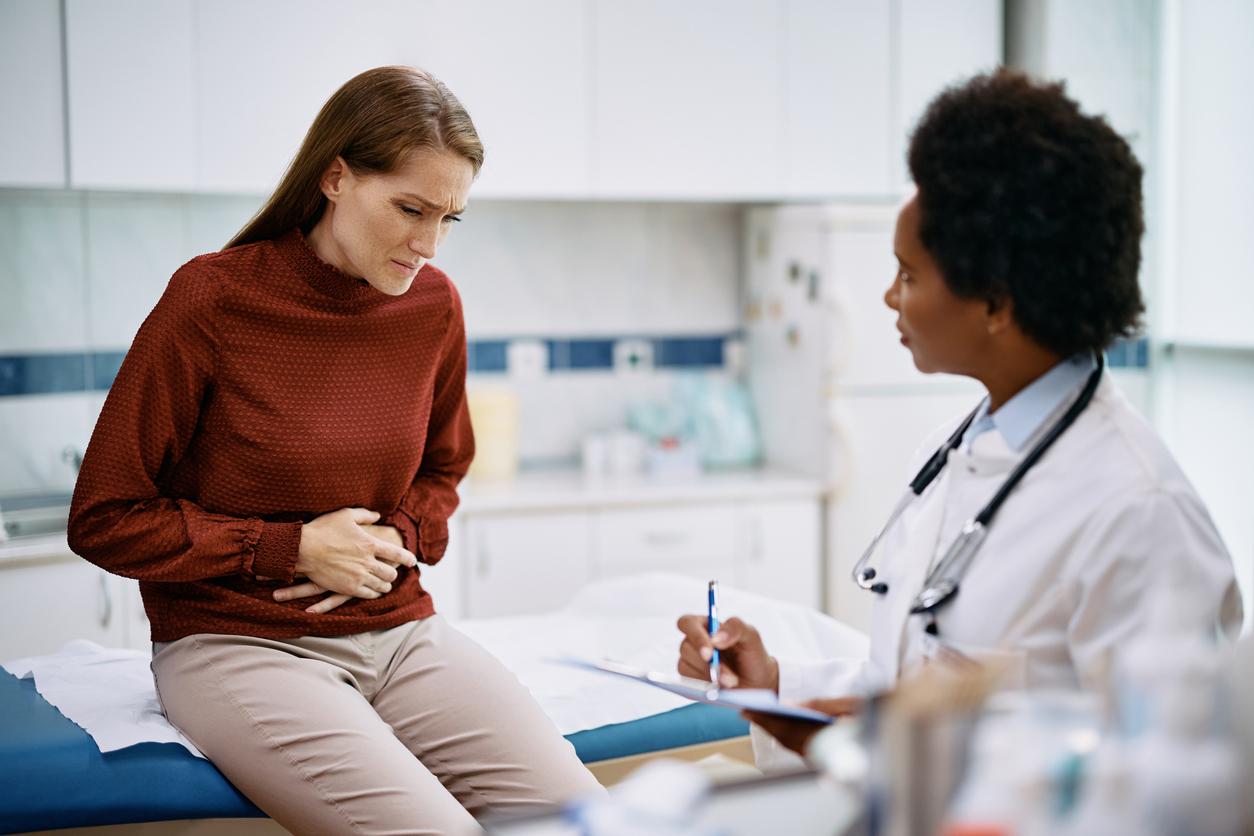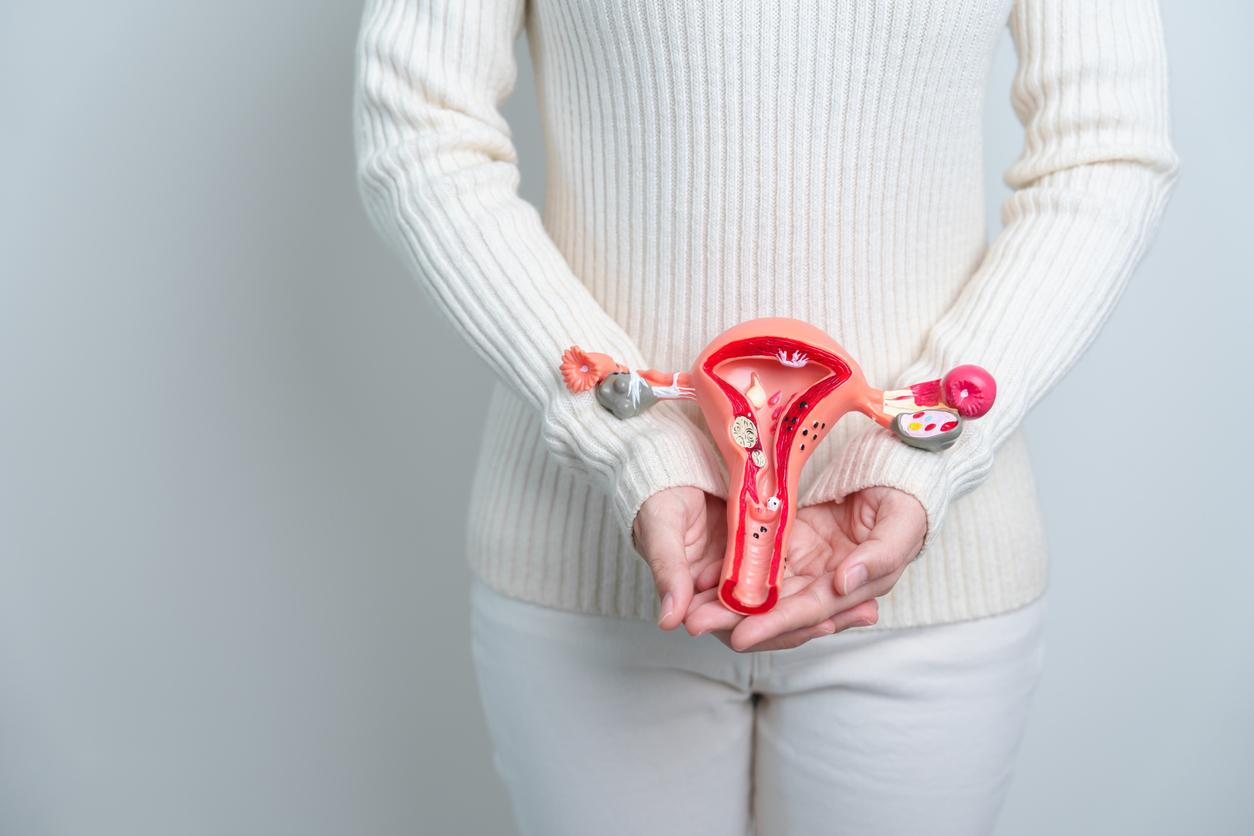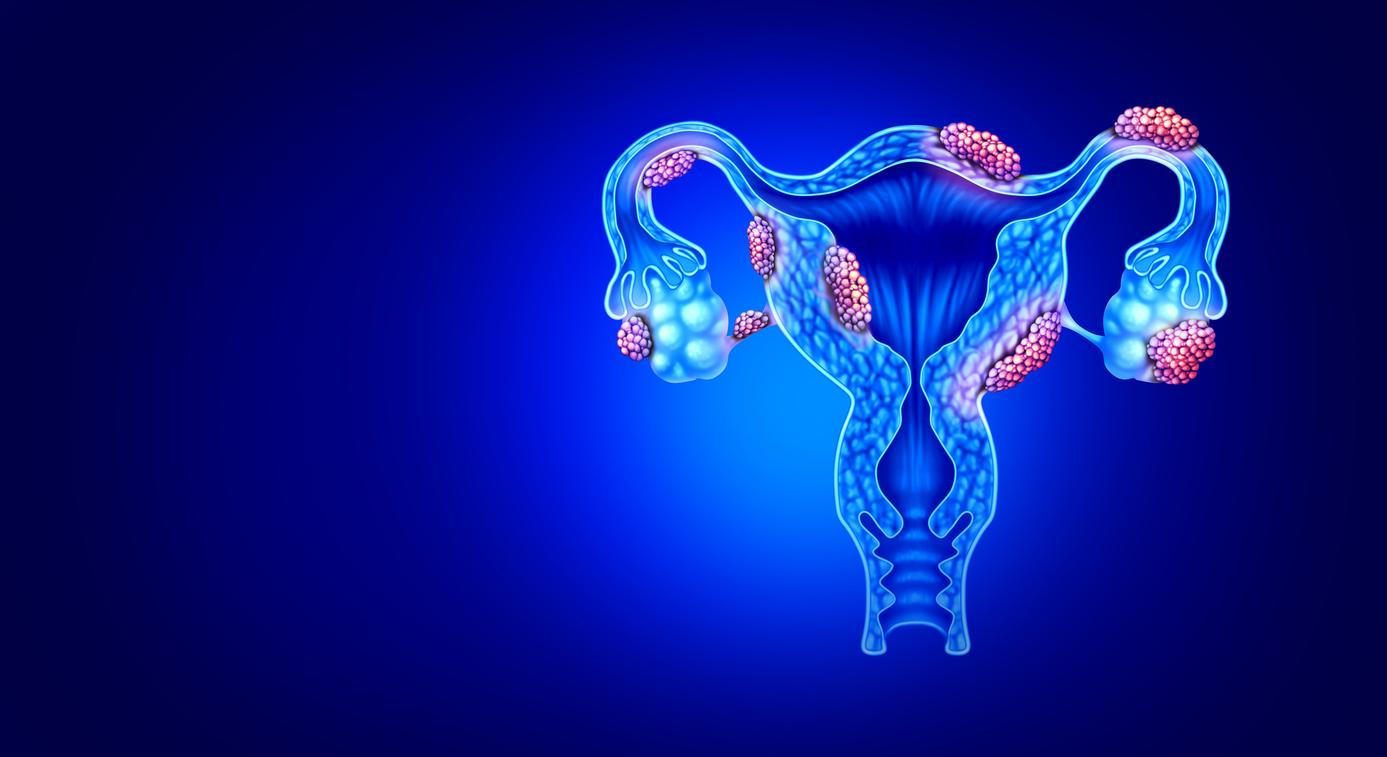Researchers have discovered common risk factors between endometriosis and irritable bowel syndrome.

- Endometriosis is a gynecological disease that affects 10% of women and girls of childbearing age.
- Endometriosis and irritable bowel syndrome may have common genetic risk factors.
- This discovery could ultimately make it possible to better diagnose endometriosis.
Nearly 10% of women and girls of childbearing age are affected by endometriosis worldwide, or 190 million people, according to the World Health Organization (WHO). So far the causes of this gynecological disease remain poorly known.
Women with endometriosis have more gastrointestinal problems
A study recently published in the journal Cell Reports Medicine brings new knowledge about endometriosis. This pathology may have genetic risk factors in common with irritable bowel syndrome (IBS). The SCI is, according to the Vidala benign disorder that results in stomach aches, diarrhea, constipation and bloating. “This genetic finding supports the clinical observation of an increased incidence of gastrointestinal disorders in women with endometriosis“, explain Grant Montgomeryone of the authors, in a communicated.

Twice the risk of irritable bowel syndrome in cases of endometriosis
In their study, researchers found that women with endometriosis were twice as likely to be diagnosed with IBS as women without the condition. In addition, they are also 1.4 times more likely to be affected by gastroesophageal reflux disease (GERD)namely the rise of part of the gastric contents into the esophagus.
For the authors, the discovery of this link between endometriosis and gastrointestinal disorders is important. Indeed, not knowing it could lead to diagnostic errors and delayed treatment of endometriosis.
“If a woman visits her GP with abdominal pain and gastrointestinal symptoms, endometriosis should be considered as one of the possible reasons [à ces maux]explains Grant Montgomery. As our knowledge of endometriosis and its risk factors increases, we hope to better understand how this disease develops and how we can improve treatments and diagnosis.“
Currently, surgery is the only treatment allowing the complete elimination of lesions associated with endometriosis according to the National Institute of Health and Medical Research (Inserm). For pain, patients can take medication, but they will not cure the pathology.

















